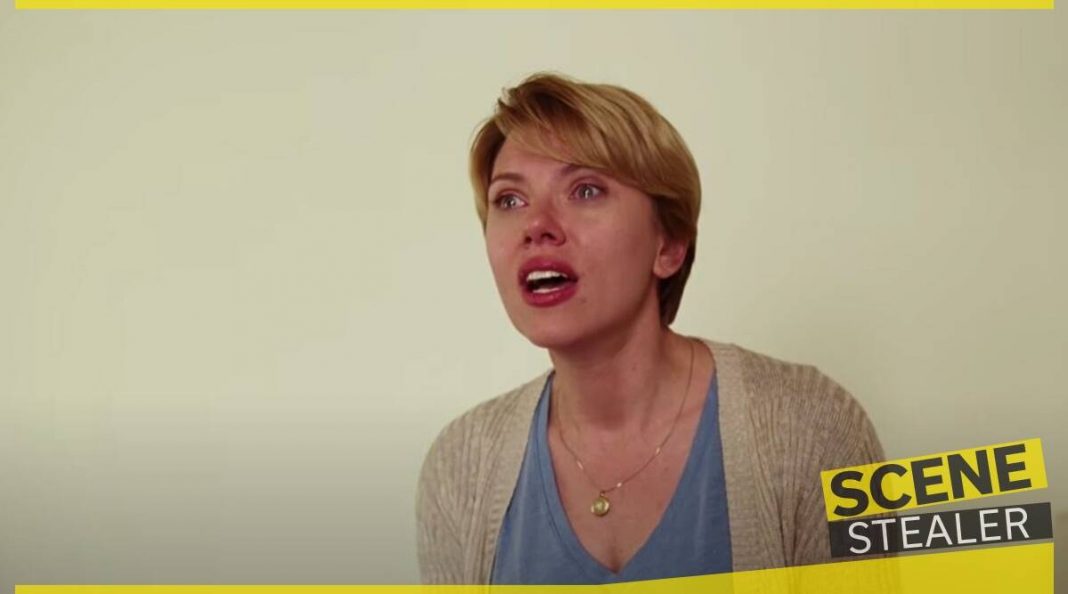We usually get to see happy endings on screen, and maybe even unhappy marriages resolving themselves by the time credits roll. And that is okay, because for many people, cinema is an escape. They go to a theatre or crave a movie-viewing experience so that they can forget about their own troubles for two hours. However, there are those for whom cinema is also as much about finding a portion of yourself in some capacity, that moment of truth which is unique to you, however ugly or unsavoury it may be. So while some people find happiness in the ‘forever and always’ endings of features, a few also find closure in lines like ‘I can’t believe I know you forever.’
If you have seen Noah Baumbach’s heart-wrenching Marriage Story, you would be able to recognise that line. It occurs during a big fight scene that plays out between the lead characters of Adam Driver and Scarlett Johansson — Charlie and Nicole.
The four-minute exchange begins like any other argument between a couple, starts taking a more toxic form as the blame-game proceeds. To show themselves in a better light, both Nicole and Charlie say the meanest things they might or might not mean. The topic of adultery, mud-slinging on each other’s parents and families, their choices and careers; everything takes the shape of a question mark. What did it all mean? Was the love worth whatever sacrifices they both had made?
People, who probably have more decent days than bad days in a relationship, might believe the whole sequence to be a bit of a stretch, but the others, who have seen some hard days in previous relationships or current marriages would argue differently. But who is ultimately the villain? Here, when we see both Nicole and Charlie defending themselves, whose side do you take? Both have had their reasons for behaving the way they behave. And that is the crux of all arguments in any case, be it between friends, so-called enemies, partners or even parents. You fight because you think you’re right.
The director does a great job of steeping the scene with tension and intimacy. We see two people who were lovers once, but the love has left this relationship long ago. Their unfulfilling, complex history of half-realised dreams and desires are brought under harsh light by the other. Both Adam and Scarlett are terrific, sharing and holding space for each other as actors in what presumably must be a tense shoot. The point when Adam’s character wishes Nicole to die, and immediately starts sobbing for the hate he felt at that moment, is heart-breaking. But all this rawness finds a beautiful meaning in the end when Nicole consoles a regretful Charlie as he holds her leg like a child and cries like his heart is really breaking.
Explaining the scene, director Noah Baumbach told Variety, “Up until that moment, they have kind of lost their voices and their lawyers have taken over. And this is a moment where they are kind of trying to speak for themselves. Adam and Scarlett have such beautiful, expressive faces that I felt like you kind of have to be in that space with them. Watching them was like watching two best athletes do what they do best.”
The sequence also foreshadows the ending of the movie in a way, at least in terms of how the two characters close the chapter. The pair finally find some common ground, in their love for their son Henry and in the care they felt for each other as former partners and dear friends. Charlie and Nicole have grown apart as a romantic couple, but they will always wish well for each other in life. After all, they were once in love.
Also on Scene Stealer, this cruel climax of Vijay Sethupathi-Trisha movie 96
Noah Baumbach said as much in his chat with Variety. “When I was doing research for the movie, and talking to couples, it was a common theme with people talking that it brought a feeling of failure. I think it’s great to put some light on it, because it’s not a failure. Endings don’t have to be failings. We can celebrate the thing for what it was, even though it is over.”
Marriage Story is streaming on Netflix.
